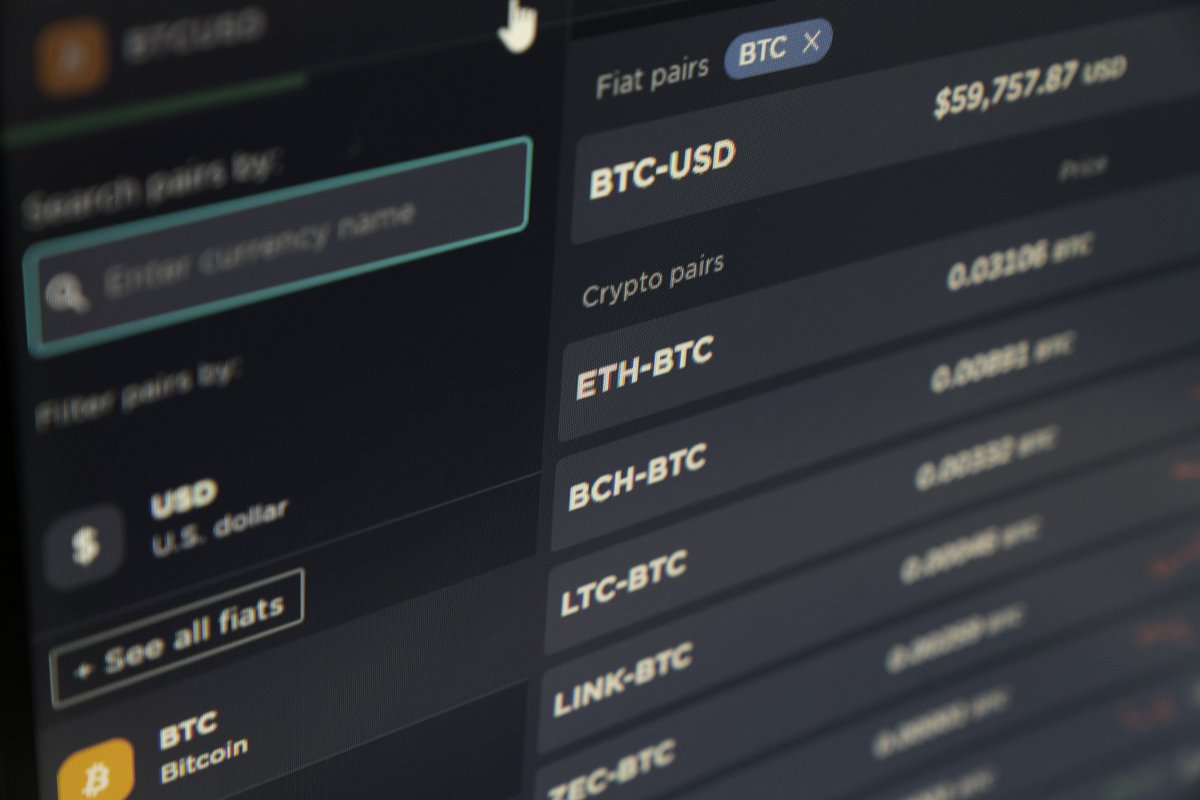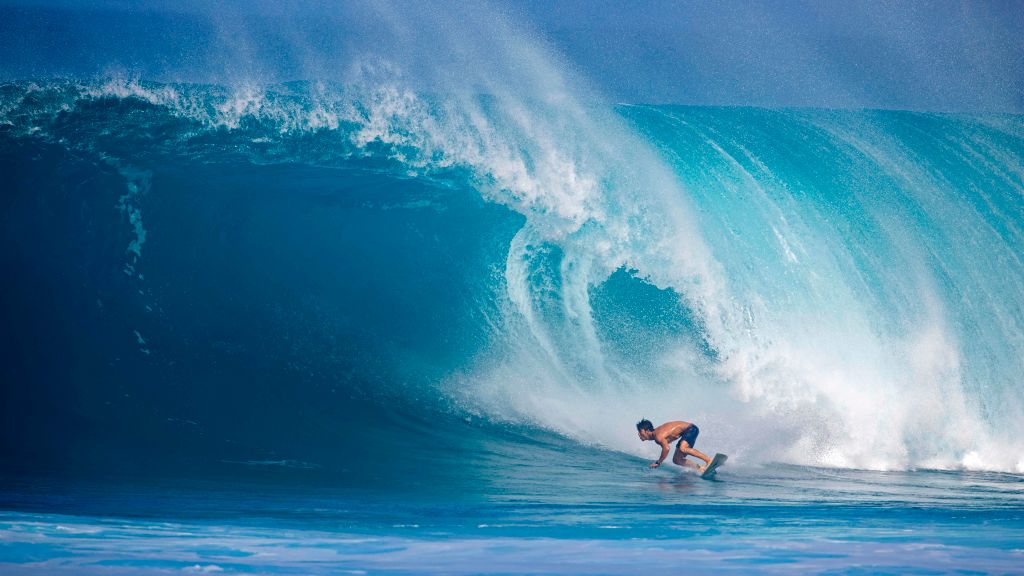
Brazil’s president, Jair Bolsonaro, has not been pro-climate. He:
➡️Threatened to quit the Paris Agreement
➡️Courted miners and loggers
➡️Blew off international climate donors from Norway and Germany
Until now
trib.al/CJCJjm6
➡️Threatened to quit the Paris Agreement
➡️Courted miners and loggers
➡️Blew off international climate donors from Norway and Germany
Until now
trib.al/CJCJjm6
Brazil appears to be going through an existential reset on climate change:
🤝Logger-friendly Environment Minister Ricardo Salles is making nice with U.S. climate envoy John Kerry
✉️Bolsonaro wrote a letter to Biden, extolling Brazil’s green credentials trib.al/CJCJjm6
🤝Logger-friendly Environment Minister Ricardo Salles is making nice with U.S. climate envoy John Kerry
✉️Bolsonaro wrote a letter to Biden, extolling Brazil’s green credentials trib.al/CJCJjm6

Brazil can bring plenty to the table on sustainable development:
🌾High-tech agriculture that reduces soil erosion and keeps carbon in the ground
🌊Hydropower lights up most homes and industry
🔥Clean-burning ethanol distilled from sugarcane
trib.al/CJCJjm6
🌾High-tech agriculture that reduces soil erosion and keeps carbon in the ground
🌊Hydropower lights up most homes and industry
🔥Clean-burning ethanol distilled from sugarcane
trib.al/CJCJjm6

Played smartly, Brazil’s environmental assets could win back much of what 27 months of incendiary Bolsonarismo have menaced:
💵Aid
💰Investment
🤝Strategic partnerships
🌎International credibility
🇧🇷Soft power
trib.al/CJCJjm6
💵Aid
💰Investment
🤝Strategic partnerships
🌎International credibility
🇧🇷Soft power
trib.al/CJCJjm6

Hopes rise in unlikely places. Look at Mato Grosso, a sprawling frontier state almost three times the size of Germany that straddles three signature tropical ecosystems:
✅The cerrado
✅The Pantanal wetlands
✅The Amazon’s high rainforest
trib.al/CJCJjm6
✅The cerrado
✅The Pantanal wetlands
✅The Amazon’s high rainforest
trib.al/CJCJjm6

Mato Grosso was once rued as a crucible for habitat destruction. But it has sharply curbed deforestation even as the Amazon region as a whole has not, thanks to:
➡️Technology
➡️Vigilance
➡️Boots on the ground
trib.al/CJCJjm6
➡️Technology
➡️Vigilance
➡️Boots on the ground
trib.al/CJCJjm6

Authorities have been monitoring forest cover through satellite images and dispatching forest inspectors. In 2020, police seized:
🚜157 tractors
🛻11 trucks
🚁A helicopter
They also arrested 492 people for bootleg logging and forest cutting
trib.al/CJCJjm6
🚜157 tractors
🛻11 trucks
🚁A helicopter
They also arrested 492 people for bootleg logging and forest cutting
trib.al/CJCJjm6

Ramping up that system took years of hard work. The result:
💨Outlaws are on the run
📈Licensed deforestation rose five-fold
📉Overall felling is down by 33.7% from 2019, on top of a dramatic decline of 88% between 2005 and 2012
trib.al/CJCJjm6
💨Outlaws are on the run
📈Licensed deforestation rose five-fold
📉Overall felling is down by 33.7% from 2019, on top of a dramatic decline of 88% between 2005 and 2012
trib.al/CJCJjm6

The Mato Grosso is projected to eliminate illicit clear-cutting by 2030.
The state is blazing a trail for others. This week, 24 of Brazil’s 27 governors penned their own sustainability pledge to stop the climate emergency by slashing emissions trib.al/CJCJjm6
The state is blazing a trail for others. This week, 24 of Brazil’s 27 governors penned their own sustainability pledge to stop the climate emergency by slashing emissions trib.al/CJCJjm6

Plenty of work remains. Illegal forest cutting is off the charts on public lands.
Most of it plays out on “non-designated” lands: legal speak for 50 million hectares of forests (an area the size of Spain) owned by the government but controlled by no one trib.al/CJCJjm6
Most of it plays out on “non-designated” lands: legal speak for 50 million hectares of forests (an area the size of Spain) owned by the government but controlled by no one trib.al/CJCJjm6

Brazil could score an easy win by converting woodland blind spots into conservation areas and then using them as collateral for the carbon market.
If Bolsonaro misses that smart cue, Brazil risks ending up with less of both dollars and trees trib.al/CJCJjm6
If Bolsonaro misses that smart cue, Brazil risks ending up with less of both dollars and trees trib.al/CJCJjm6

• • •
Missing some Tweet in this thread? You can try to
force a refresh













